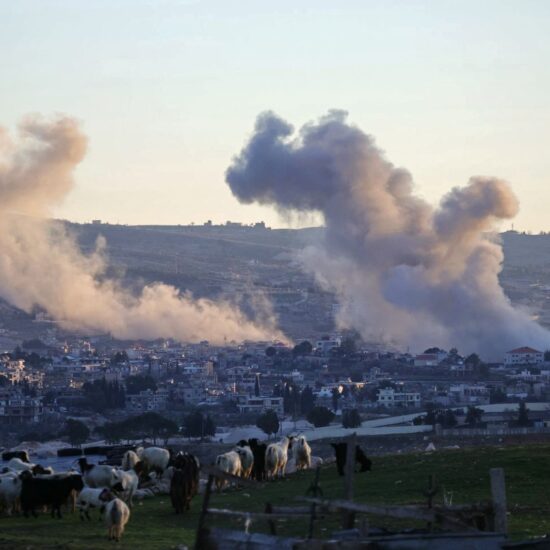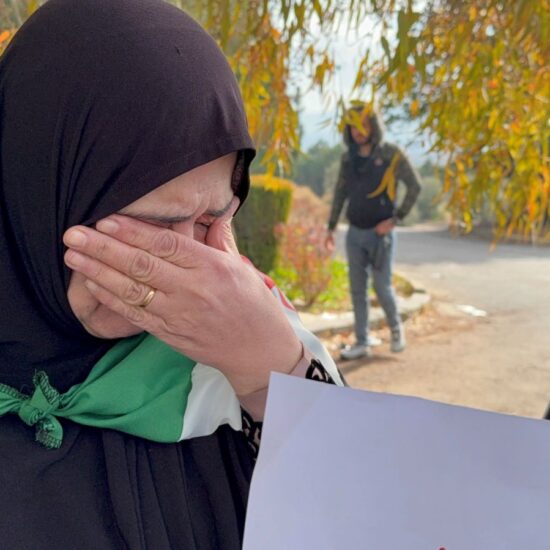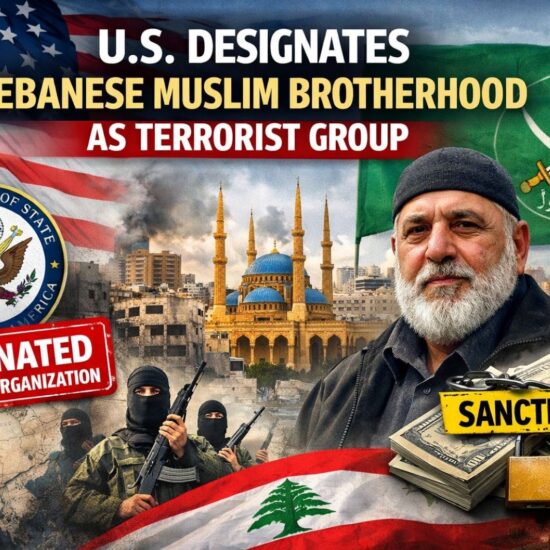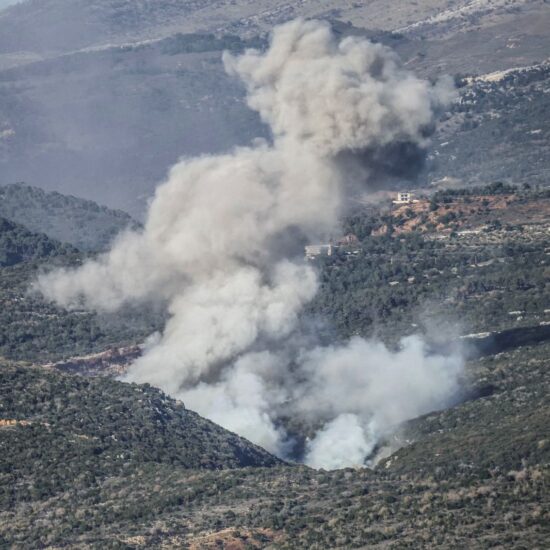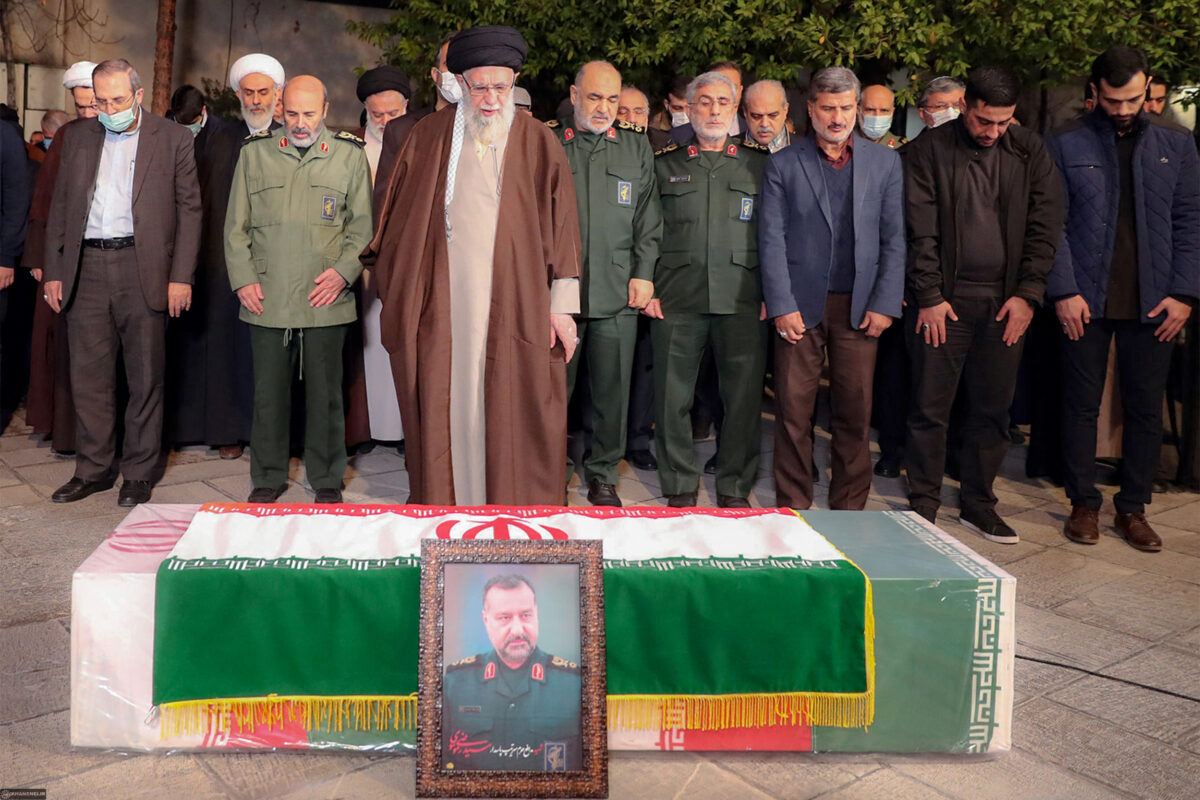
Israel’s assasination of Iranian general Sayed Razi Mousavi raises questions of a retalion in the midst of Israel-Gaza war
The week kicked off with a significant development – the killing of Seyed Razi Mousavi, a senior Iranian general, in an Israeli airstrike in Syria. This event has sparked heightened concerns about the broader implications of the ongoing Israel-Hamas conflict, hinting at potential regional repercussions.
Despite strong statements from Iranian officials and regional militant groups promising retaliation, there has’s been a notable absence of an immediate response. Ramezan Sharif, the spokesperson for the Islamic Revolutionary Guard Corps (IRGC), hinted that the reaction to Mousavi’s assassination would involve both direct action and efforts by the Axis of Resistance.
Why this is important, Seyed Razi Mousavi played a key role in coordinating the military alliance between Syria and Iran, known as the “Axis of Resistance.” Having been active in the region since the 1980s, his death has ignited online discussions. Some laud him as a hero, while others criticize him as a warmonger.
Iranian dissent figure Masih Alinejad stated that “Iranians aren’t mourning for another warmonger taken out today… Iranians have suffered at the hands of the Revolutionary Guards, almost every family knows someone who has been arrested, tortured, or killed.”
Sources for Al Hurra stated that the assassination can be viewed as part of Israel’s strategy in Syria, aiming to obstruct any routes for transporting weapons to Hezbollah in Lebanon, particularly during the Gaza war. In line with this strategy, airports in Aleppo and Damascus have been recurrently targeted in the past two months. Azizi adds that targeting Mousavi should be seen in light of Israel’s efforts to significantly curtail Iran’s ability to support Hezbollah in its conflict against Israel.
From its end, the Syrian regime remained silent.
Furthermore, Mousavi’s funeral drew a sizable crowd of Iranians, with Supreme Leader Ali Khamenei seen offering prayers at his coffin. Although Israel hasn’t explicitly claimed responsibility for the airstrike, Israeli Defense Minister Yoav Gallant suggested retaliatory actions in Iraq, Yemen, and Iran in response to attacks from various fronts.
In a more recent update, the spokesman for Iran’s Islamic Revolutionary Guard Corps (IRGC) stated on Wednesday that the October 7 attacks by Hamas were in retaliation for the killing of Soleimani. Hamas were quick to deny the claim, and the chief commander of Iran’s Islamic Revolutionary Guard Corps later retracted the original statement by the IRGC spokesperson.
Iranian officials are determined to keep the Aqsa flood operation purely Palestinian without any external assistance. However, the original statement had created quite a ruckus online even after the retraction.
The current situation is in limbo, awaiting Iran’s response, leaving the potential for an escalated conflict with Israel and the United States uncertain. It’s worth noting that Iran previously weathered the loss of a high-ranking military figure, Qassem Soleimani, without triggering a broader regional war. Mousavi’s legacy is expected to be celebrated in Iran and by the neighboring allies, reinforcing the narrative of Iran defending the region. However, critics remain steadfast in their disapproval, especially considering the ongoing war on Gaza, underscoring that the perception of heroism may not sway those critical of Iran’s actions.




